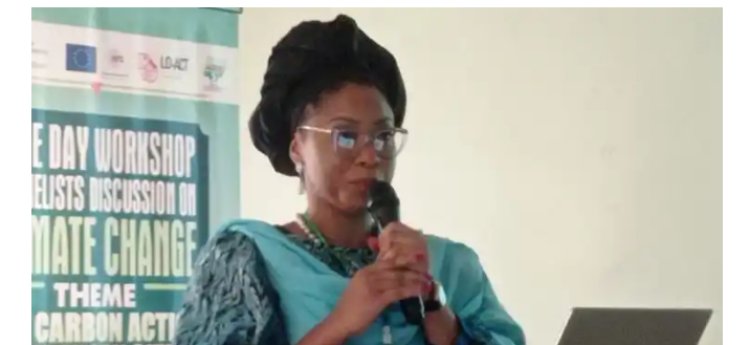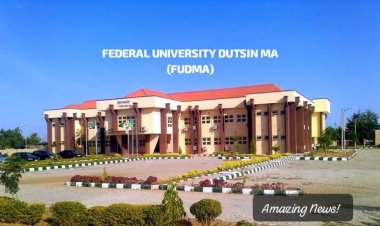Anthropogenic emissions, serious threat to climate change — Don
Anthropogenic emissions, serious threat to climate change — Don

Dr Modesta Alozie of the University of Sheffield, UK, said global average temperatures have increased to 1.1 Degree Celsius since the 19th Century, according to the 6th Assessment Report of the Intergovernmental Panel on climate change, as a result of anthropogenic emissions, a development that poses a serious threat to climate change.
She made the assertion while delivering a paper titled ‘Climate action and innovation in rapidly urbanising areas’ during a workshop held in Bauchi.
She opined that the development will likely increase to 1.5 Degrees in the next 20 years, such increases have global impact.
Modesta Alozie said that, For example, the 6th assessment report says that 3 Billion people suffer water shortages every year; 1 in 3 people are exposed to deadly heat stress while at least, half a million people are exposed to regular flooding.
Furthermore, changing climate conditions exacerbate pandemics such as dengue fever just as Ecosystem transformations and drought are likely to transform livelihoods and may cause famines.
According to her, “Our world is changing and we need to change with it. We need to stop the anthropogenic emissions that cause climate change.
The don stressed that urbanisation adds to the impacts of climate change, increases inequality and hence reduces vulnerability, especially for the most vulnerable groups.
On why this is happening and fostering, she said that Global average temperatures have increased 1.1 degrees Celsius since the preindustrial times stressing that “If temperatures continue rising, the world will be unliveable”.
Modesta Alozie disclosed that the hypotheses are that People living in rapidly urbanizing areas already drive action but it is not always recognized while more could be done, but there are barriers to urban climate action.
The identified perceived barriers to action against Urbanisation are that it adds to the impacts of climate, change, increases inequality and hence, reduces vulnerability, especially for the most vulnerable groups.
She then explained that the purpose of Low carbon action in ordinary cities (LOACT) is to understand urban climate action and urban innovation in the context of rapid urbanisation.
The don however expressed confidence that the situation can be mitigated by the community members themselves who the negative impact of climate change directly affects.
Modesta Alozie also expressed conference that the resolutions that will emanate from the workshop, will form a way forward to addressing climate change issues in Bauchi as fast growing urban centre.

 UmarFarouk123
UmarFarouk123 



